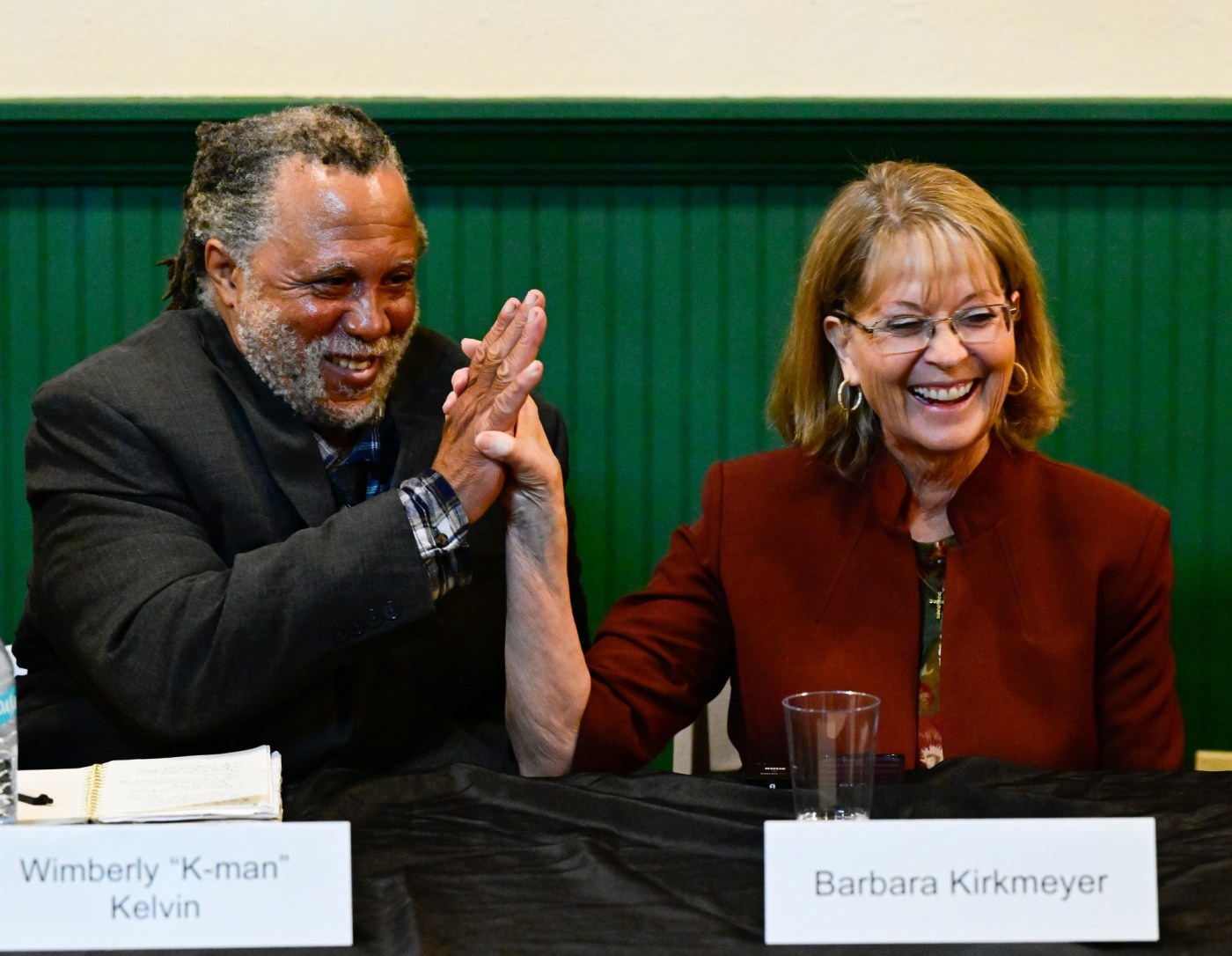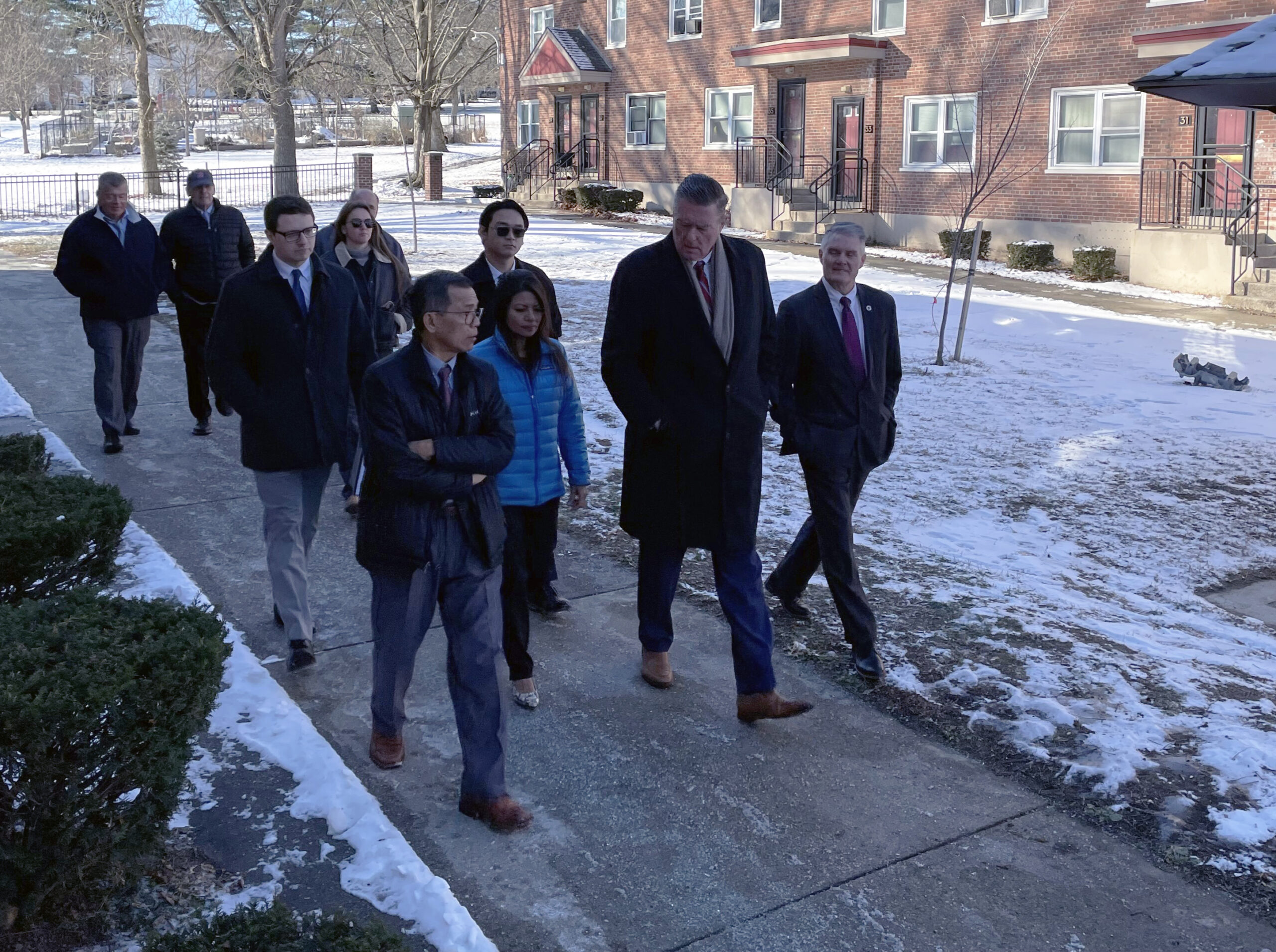The tragic reality of school shootings in the United States has raised urgent concerns among parents and communities. Between 2009 and 2018, the country experienced a staggering 288 school shootings, according to data from CNN and the World Population Review. This figure far exceeds incidents in other nations, with Mexico reporting just eight and South Africa six. As the mother of a 9-year-old, the fear of sending children to school without assurance of their safety is a deeply troubling experience.
While discussions often focus on gun control as a primary solution, this perspective may overlook the underlying issues driving youth violence. Many young perpetrators of these tragedies come from backgrounds marked by isolation, emotional distress, and a lack of guidance. The case of Desmond Holly, responsible for the recent Evergreen school shooting, exemplifies this issue. Holly reportedly “spent substantial amounts of time in online spaces featuring extremist ideologies and violent content,” as stated by the Anti-Defamation League Center on Extremism.
Understanding the Crisis of Young Men
The increasing incidence of school shootings signals a broader crisis among young men in America. Many of these individuals struggle with their identities and often lack positive male role models. Traditional notions of masculinity, which emphasize emotional stoicism and aggressive behavior, clash with modern expectations for sensitivity and inclusivity. This confusion can leave young men feeling lost and vulnerable, prompting some to seek validation through destructive means.
Various studies and reports indicate that many school shooters have experienced significant personal challenges, including histories of depression, trauma, and familial instability. Feelings of marginalization and recent crises, such as bullying, can exacerbate these issues. The desire for belonging drives some young men to extremist groups, where they may find a misguided sense of community.
Community Solutions: Mentorship and Emotional Support
Addressing the root causes of this violence requires a community-wide effort. Parents, educators, and local organizations can play pivotal roles in fostering environments that promote emotional well-being and connection. It is vital for parents to teach their children kindness and inclusivity, particularly toward those who may be perceived as different. Children should be encouraged to speak out against bullying and exclusion rather than remaining silent.
Fathers, in particular, have a significant influence on how boys perceive masculinity. By demonstrating qualities such as strength, tenderness, and emotional openness, fathers can help cultivate healthier attitudes in their sons. Showing boys that it is acceptable to express feelings, admit mistakes, and seek help can contribute to their emotional resilience.
Community programs that offer mentorship, after-school activities, and mental health resources are essential in this effort. Advocacy for integrating social-emotional learning into school curricula can further enhance students’ ability to manage their emotions and build supportive relationships.
For those who own firearms, it is crucial to ensure that weapons are securely stored to prevent access by minors. Parents should also monitor their children’s online activities, being aware of their social interactions and the content they consume.
In conclusion, addressing the crisis of school shootings in the United States requires a multifaceted approach that goes beyond gun legislation. Each member of the community has a role in providing connection, mentorship, and emotional support to young people. As emphasized by local wellness advocate Lily Russo from Mancos, fostering a culture of care can help guide boys toward healthier paths and ultimately reduce the prevalence of violence in schools.







